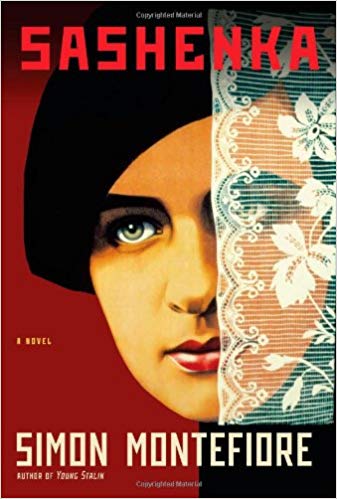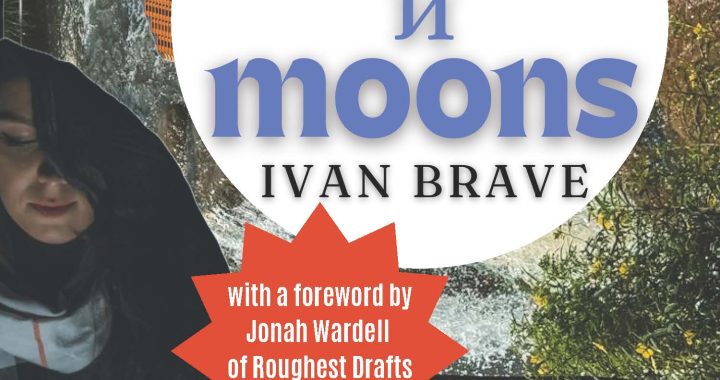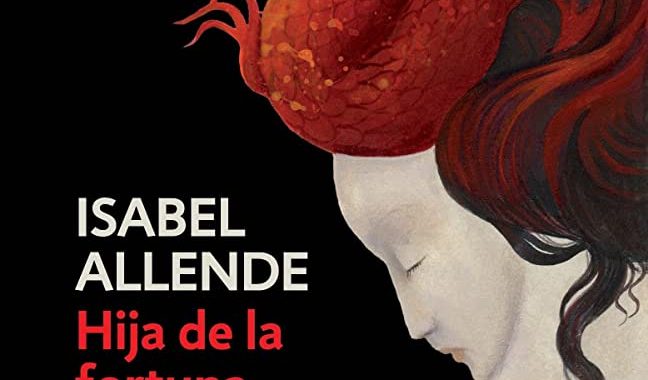“The joy of being alive and young suddenly took hold of her — and she spun around and kissed him, quite recklessly.”
Before reading any book, I used to go to the last page and read its final line. At best, that would tell me if the whole book was worth reading or not. Of course, part of the thrill wasn’t practical: it was just plain dirty fun to spoil the book’s ending to classmates, who were themselves bragging about being a chapter ahead of me and everybody else. This was back in grade school, where you had to find creative ways to poke at your friends.
As those early years of chapter books went by, it didn’t take long for me to lose the excitement of knowing the ending to a story, that is, knowing it before even starting it. But not because this ruined the experience of reading, or a sense of discovery — let’s just say I, like many raised on 90s cartoons, internalized the “It’s about the journey” lesson early in life — rather it was that book endings just didn’t make a lick of sense, nor did they feel satisfying “on their own.” Knowing the ending of a story before reading it was about as helpful as learning math by copying the answers from the back of the book, or about as boring as learning the secret to life without first having lived a little bit of it yourself.
An example: at a book club among friends and friends’ mothers, we got together to read The Giver. The first day was spent discussing the cover, and what it could possibly tell us about the upcoming story. You’ll recall the image of a gray, weary, wrinkled old man with long messy hair, looking sidelong past some trees, which to me spelled “paranoia” . . . well, after the guessing game, what did I do as soon as I got home? I ran to my bedroom and cracked open the covers, and swatted the pages, to read the very last paragraph.
It made no sense. What’s with all this snow, and that village off in the distance, and who’s this baby Gabriel? No sense. Oddly enough I didn’t tell the whole group about it, for I was quite disappointed. Although I did share my findings with one good friend. When I told him about the strange baby, he broke open a smile. “Yeah, I read the last page, too. Weird.”
Now, add to this butt naked ending the whole story of the protagonist Jonas, how he had actually saved that baby’s life by venturing through wild terrain, having escaped one dystopia for possible freedom, only to run out of warm memories, and finish on a cold, dim note, like running into a wall at full speed, only to fall flatly unconscious, but not before catching that glimmer of light at the end of the tunnel, one that might just signal salvation. Basically, what I mean is, the ending feels a whole lot cooler after reading the story.
Are we writing a review of Sashenka, or what? Ahem. In the spirit of mischievous child’s play, notice what I did above. At the very top of the blog post, I quoted the book’s last line, just to prove my point, thank you very much.
Be honest: did you feel anything when you read it?
If you’re normal, probably not. Unless, of course, you allow another’s words to sink into you, without egotism, without prejudice, at first sight, like opening your front door to a lost wanderer, one who only whispers for a small cup of water, and a floor to lay his head upon, before revealing what he came to say. No, more likely you treat words like you treat strangers on the train: worth a glance to make sure they aren’t dangerous, and then give them your full, undivided ignoring. There are just too many people on the train, and they don’t care about you either, just like there are too many words clamoring for our attention. I get it. I do the same.
Especially with book endings — that’s why I have stopped reading the last page of a book before anything else. It just makes no sense, nor means anything to me. Only after I have become acquainted with the book’s cast, felt and suffered their highs and lows, took their beatings, and held up their same trophies, do I ever reach an ending that sticks with me forever. Like Gabriel in The Giver, or Stanley Yelnats with Zero as they uncover the buried suitcase in the book Holes, or Levin’s epiphany in Anna Karenina, or . . . Katinka kissing Maxy at the end of Sashenka. Endings that stick around for a long, long time. (Btw, all novels with corrupt leadership and troubled minds.)
Honestly, Sashenka is a book that makes you feel a lot of things. And that’s just putting it plainly.
If you want to be even more devious than just knowing the ending of a book, then flip past the last page of Sashenka, and read the Acknowledgements. There you will find our author confessing, “This is the story of the women and children of a fictional family across several generations and I hope it will be enjoyed as that: an intimate novel about a family.” That’s all folks, the why of this whole book. Shall we put it aside already?
Wait. What we have in our hands when we hold the 500-and-some pages of this three-part novel, is a book about a family — a topic worth yawning about, but only if taken at face value. Let us take a deeper look.
The structure lends itself to many layers. Like the three acts of the USSR: 1) right before, 2) its Stalinist height, and 3) immediately after the collapse. Also, the life of three generations of a family: grandparent, mother, child. Not to mention, love-triangles, multiple-layers of meanings in a character’s dialog, and the uncountable contradictions of a soviet regime, that trickles down to its enablers as well as its survivors.
In addition to its multidimensional structure, we do get a bit of narrative wholeness from this story about one family, since it is viewed from the lens of an carefully objective third-person. It feels like every detail builds up to roars of calamity, or thunders of heart break. Although, more than once, he does drag on a little too much on the protagonist’s passion for socialist ideology, not to mention he has the hots for her bodacious body, both of which get her in and out of trouble, as we ourselves fall in love with her, in seeing the world through her eyes — and, oh, what gray eyes. Could there be a better symbol for a family novel bordering on the historical?
(Shout out to Lidya, a family friend, who gifted me her copy of this book. She had mailed it to me from Houston to Brooklyn, but because I didn’t have a front lobby, it never reached me; so she tried again by sending it to another family friend, who disastrously enough I couldn’t coordinate a pick up with; so she got it back in Texas, gave it to my mother, who herself brought it with her when she visited me in Romania. And basically, after twelve months, two states, and two countries later, the book finally reached its destination . . . thank you! After reading it, I’m naming the final love of my next novel, after this book’s protagonist.)
So fine, Sashenka is the story about a family. Great. And it ends with a kiss. So what? Hold up! The “happily ever after” isn’t the point, silly! It’s the moral weight of the lessons learned through Montefiore’s visceral storytelling that teaches us the book’s greatest lesson. Shall I spoil it? no . . . just like I wouldn’t directly tell you to not build houses from hay, or to not eat red apples from ugly witches, etc. Rather, I would tell you the whole story, or perhaps mail you a copy instead.
If we read a story set in 1917 St Petersburg, we already know that place is gunna get trashed. If we read about 1930s Moscow, we already know a steamy love affair with a sexy Jewish writer is gunna get you killed, especially when you are the head of the most important homemaker’s magazine in the country. And if we read about a young historian entering the office of the public director in post-Soviet era 90’s Russia, we know there’s going to be a bribe, a lot of b.s., and gangsters on your tail.
Am I giving away more of the story? Don’t fret.
What I’m trying to say is, sometimes the narrative plot points, or the ending, or the fact that we all find mates in the same way, and with for similar reasons, doesn’t take away from us risking it all to get with the right person, or from reading about other love stories, or from living those love stories ourselves. It’s not about the destination, folks, it’s about the journey.
Watching the life of a young revolutionary unfold in dramatic and ingenious ways, watching her being kidnapped, being sentenced to the worst prison, being seduced herself, or seducing others, internalizing communism, spreading it, marrying for love, but finding something more outside of marriage, is a holy trip of deep intimacy into the body and soul of a woman — someone Montefiore endows with a heart, a powerful mind, and a will to live, through his own attention to detail — to create a w-e-l-l-c-r-a-f-t-e-d BOOK.
It’s a page turner, ladies and gentlemen, and I highly recommend it.
By the end, after enduring and surviving, thriving and finding glory, you too will reach that final scene with Maxy and Katinka, these two love birds who both repel and attract one another, yet secretly harboring unspoken emotions, and you will have gotten to know the truth, and seen them as if for the first time, as if stumbling upon your own friends at an outdoor cafe by the water, in a free and open Russia — and tingle rising up your back with anticipation, with soon to be released tension, and the annihilation of awkwardness, the end of oppression: as you watch that final, reckless kiss, with pure joy and youth.
Then, maybe, want to relive it all over again.




